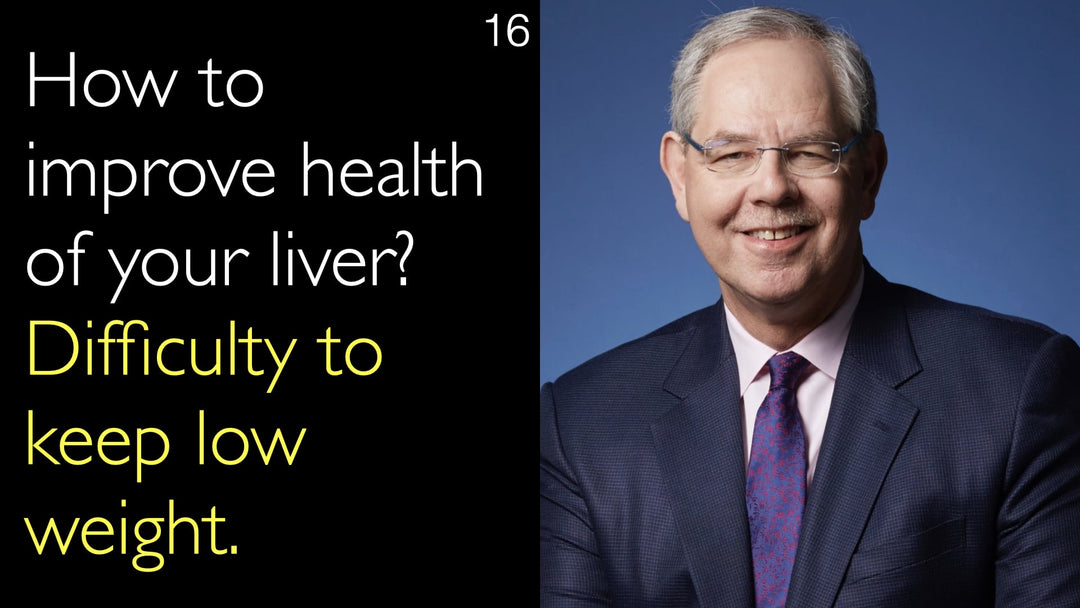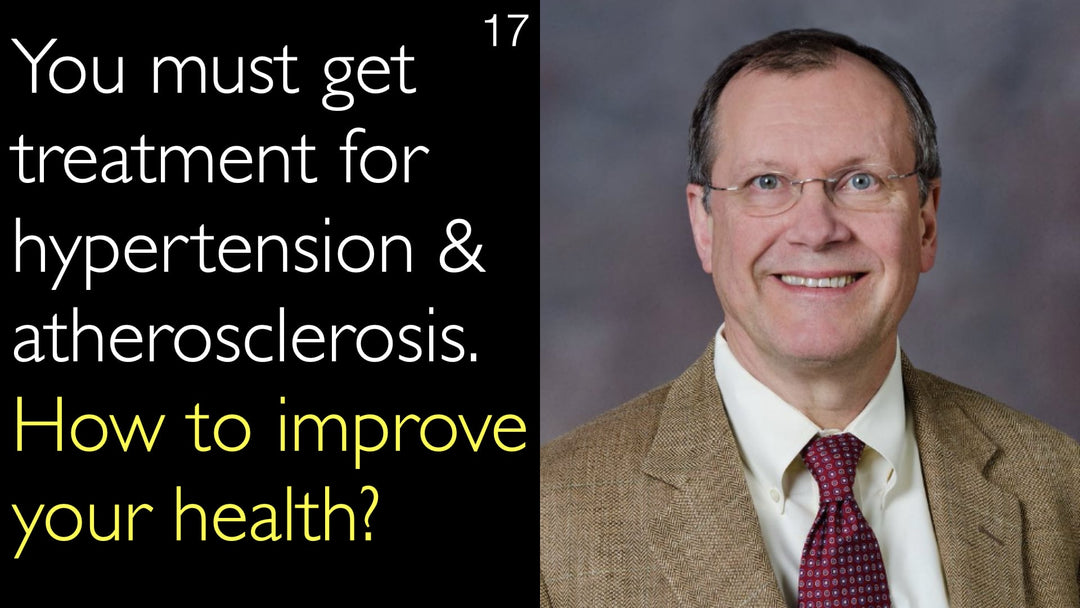Leading expert in epidemiology and public health, Dr. George Kaplan, MD, PhD, explains the most effective strategies to curb tobacco use, detailing a multi-faceted approach that includes legislation, taxation, cultural change, and targeted interventions for heavy smokers, while also addressing the significant uncertainties surrounding e-cigarettes as a potential replacement.
Effective Public Health Strategies for Tobacco Cessation and Smoking Curbing
Jump To Section
- Legislative and Policy Approaches to Reduce Smoking
- The Impact of Taxation and Pricing on Tobacco Consumption
- Creating a Cultural Shift Against Smoking Initiation
- Specialized Interventions for Heavy Smokers and Nicotine Replacement
- The E-Cigarette Dilemma: Health Risks and Marketing Concerns
- The Global Challenge of Tobacco Company Influence
Legislative and Policy Approaches to Reduce Smoking
Public health legislation is a cornerstone for effective tobacco control. Dr. George Kaplan, MD, PhD, highlights that the United States has successfully altered national smoking habits through laws that restrict tobacco advertisements and designate smoke-free areas. These environmental restrictions are proven to de-normalize smoking and protect non-smokers from secondhand exposure.
Such policies extend beyond public spaces. Dr. Kaplan points to Northern California, where some apartment complexes now prohibit smoking indoors entirely. This is because tobacco smoke can permeate into neighboring units, creating a significant public health concern for all residents.
The Impact of Taxation and Pricing on Tobacco Consumption
High taxation is a powerfully effective tool for curbing tobacco use. Dr. George Kaplan, MD, PhD, emphasizes that making cigarettes more expensive through taxation directly reduces consumption, particularly among younger demographics and price-sensitive populations. This economic disincentive is a key strategy backed by extensive epidemiological evidence.
Another critical policy measure is banning the sale of individual cigarettes. This approach prevents the purchase of low-cost, single cigarettes, which can make smoking more accessible and hinder cessation efforts by allowing for more casual, affordable consumption.
Creating a Cultural Shift Against Smoking Initiation
Changing the public image of smoking is vital for preventing new users from starting. Dr. George Kaplan, MD, explains that altering the culture around smoking through advertising and media is highly effective at affecting initiation rates. When smoking is no longer portrayed as glamorous or socially acceptable, fewer young people are likely to begin the habit.
Initiatives like Australia's mandated plain packaging for tobacco products strip away branding appeal. This effort, combined with public health campaigns, works to deglamorize smoking and present it as the dangerous addiction it is, thereby protecting future generations.
Specialized Interventions for Heavy Smokers and Nicotine Replacement
Despite population-level strategies, heavy smokers often require personalized, clinical support to quit. Dr. George Kaplan, MD, PhD, notes that these patients need special interventions that typically involve nicotine replacement therapy (NRT). NRT can include patches, gum, lozenges, or inhalers to manage withdrawal symptoms.
These pharmacological aids are a crucial component of a comprehensive treatment plan. They work by delivering controlled doses of nicotine without the harmful tar and toxins found in cigarette smoke, helping to break the behavioral addiction while managing physical dependence.
The E-Cigarette Dilemma: Health Risks and Marketing Concerns
The role of e-cigarettes in tobacco cessation remains a significant and unresolved public health question. Dr. George Kaplan, MD, states plainly that we do not yet know enough about their long-term health impact. He cautions that nicotine itself is not a neutral or benign substance, even when decoupled from tobacco combustion.
Nicotine has documented cardiovascular and metabolic effects, posing its own health risks. Furthermore, Dr. Kaplan warns that e-cigarettes are being heavily marketed by tobacco companies as a major branding opportunity. This raises the alarming prospect that they may simply replace one poison with another, rather than serving as a genuine cessation tool.
The Global Challenge of Tobacco Company Influence
The fight against tobacco is a global battle against powerful commercial interests. Dr. George Kaplan, MD, PhD, observes that it is not just American companies but multinational corporations like British American Tobacco that have a massive financial stake in maintaining cigarette sales. These companies have built factories in countries like China and Russia, creating a widespread challenge.
This global presence means that effective strategies must be implemented internationally. The influence and lobbying power of these companies make the elimination of cigarettes highly unlikely, underscoring the critical need for persistent and multifaceted public health efforts worldwide to curb tobacco use and its devastating health consequences.
Full Transcript
Dr. Anton Titov, MD: The United States has dramatically changed overall smoking habits by legislation that restricts advertisements and areas where patients can smoke, and also by high taxation of tobacco products.
We will cover some of the subjects a little bit earlier. Australia now requires plain packaging on tobacco products, and France requires consumers to be in the same room.
What do you think is the most effective way to curb tobacco use? What can be done from the social and epidemiologist's point of view?
Dr. George Kaplan, MD: The most effective way to curb tobacco smoking is to eliminate cigarettes. I could stop there, but I won't.
We know that is not going to happen. It is highly unlikely. There is too much money being made. It is not just American countries; it is American companies.
British American Tobacco and a variety of others have built cigarette factories in China, not so much in Russia. This is a global phenomenon.
We have to have lots of strategies, and these strategies are borne out by epidemiological evidence and by sociological and political science evidence.
The strategies involve environmental restrictions on where you can smoke. Even apartment houses in Northern California, where I live, will not allow you to smoke in your apartment because tobacco smoke gets into other apartments.
Certainly, pricing and taxation make it more expensive. Don't allow the sale of individual cigarettes.
There is also changing the image of smoking through culture, through advertising. Changing the culture of smoking will affect initiation a lot.
Dr. Anton Titov, MD: You still have patients who are heavy smokers. They are going to need special interventions that probably involve nicotine replacement and a variety of other things.
Then there is the big question right now about e-cigarettes.
Dr. George Kaplan, MD: We don't know enough yet. But we do know that nicotine is not a neutral, nontoxic substance, even if you are not inhaling stuff into the lungs.
Sometimes you are getting that nicotine in through other mechanisms. That has cardiovascular effects, metabolic effects, and lots of other effects.
It is not a benign medication in any way. We don't know enough yet to know how serious the problem of e-cigarettes is going to be from a health perspective.
But certainly, they are being marketed heavily. It is seen as a big branding opportunity for a lot of tobacco companies.
We have to watch that very carefully because, in all likelihood, that may just replace one poison with another.







